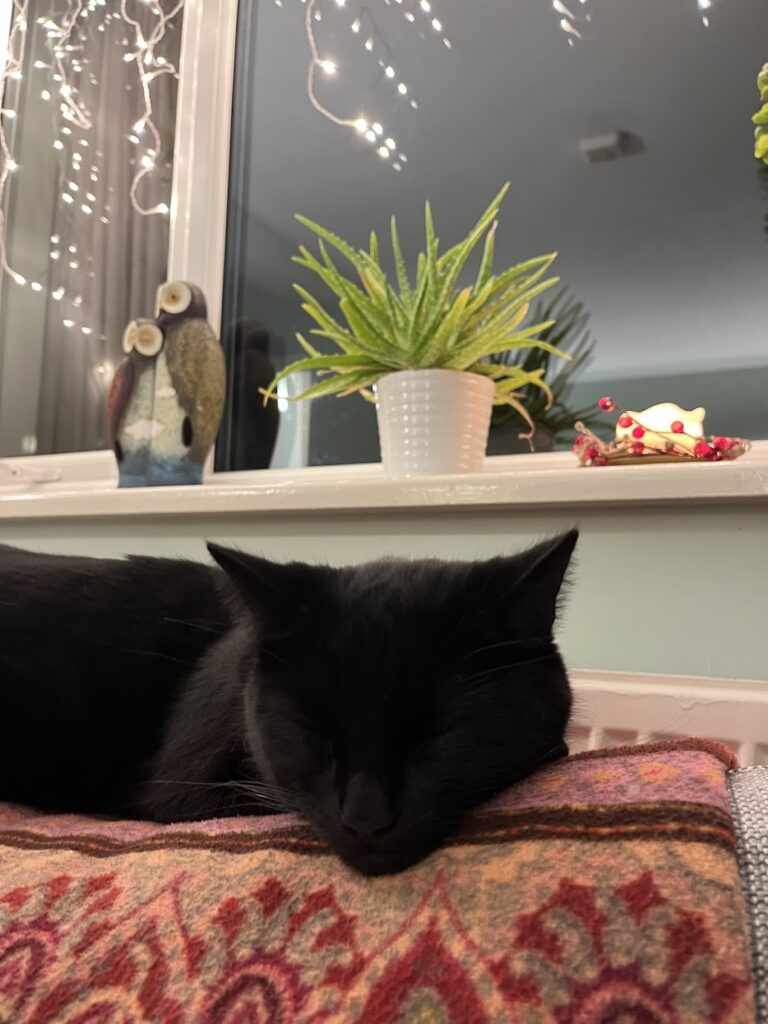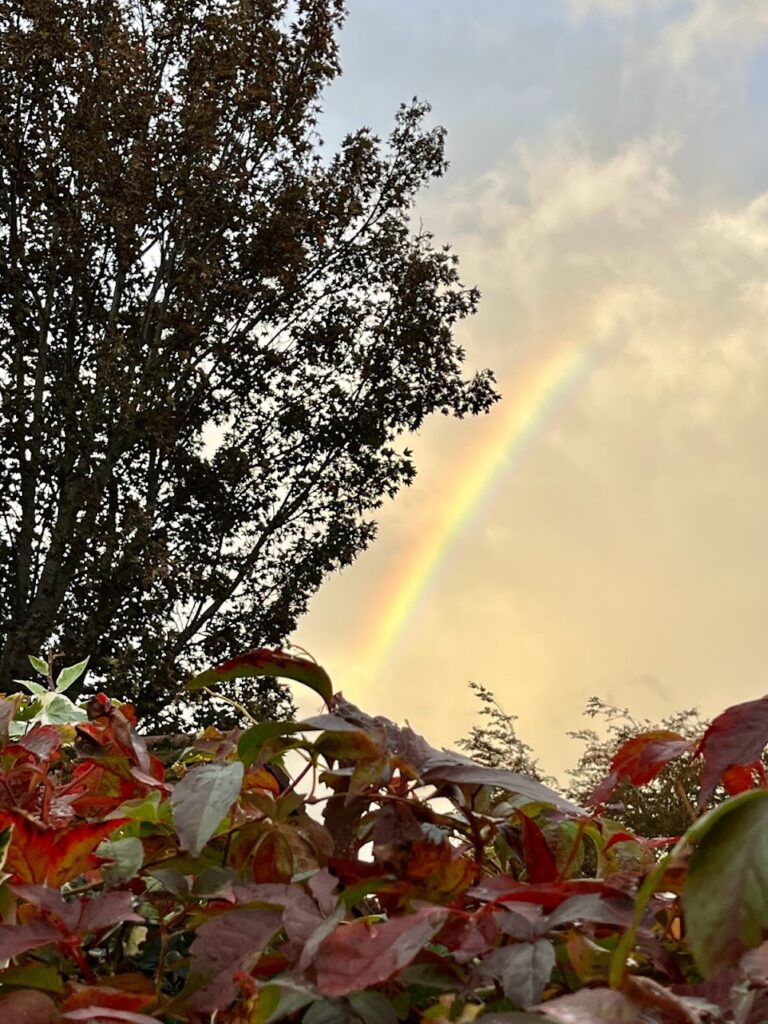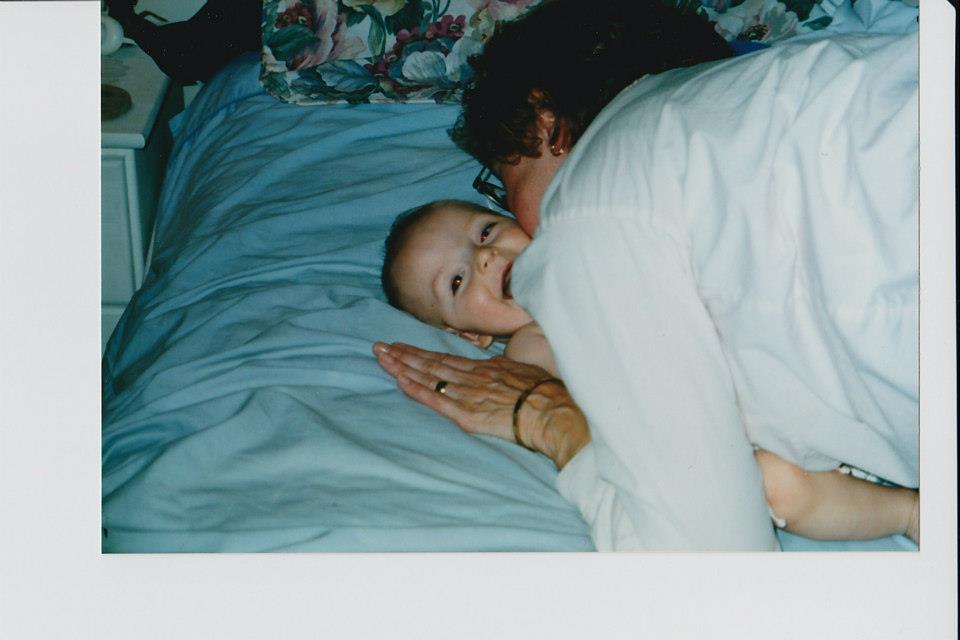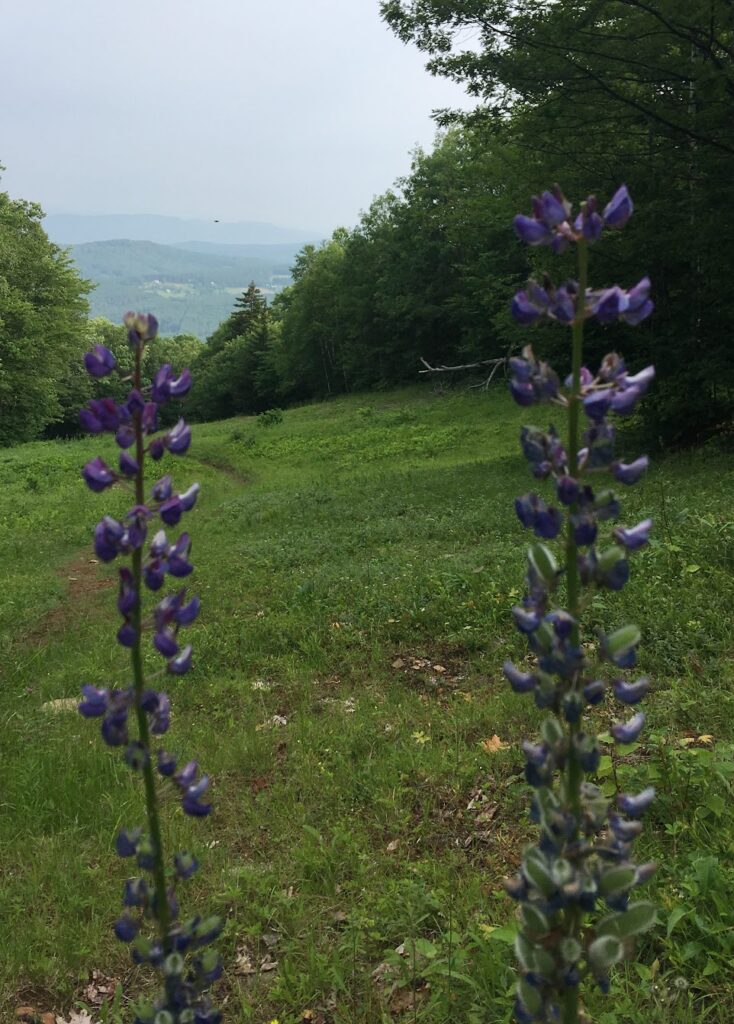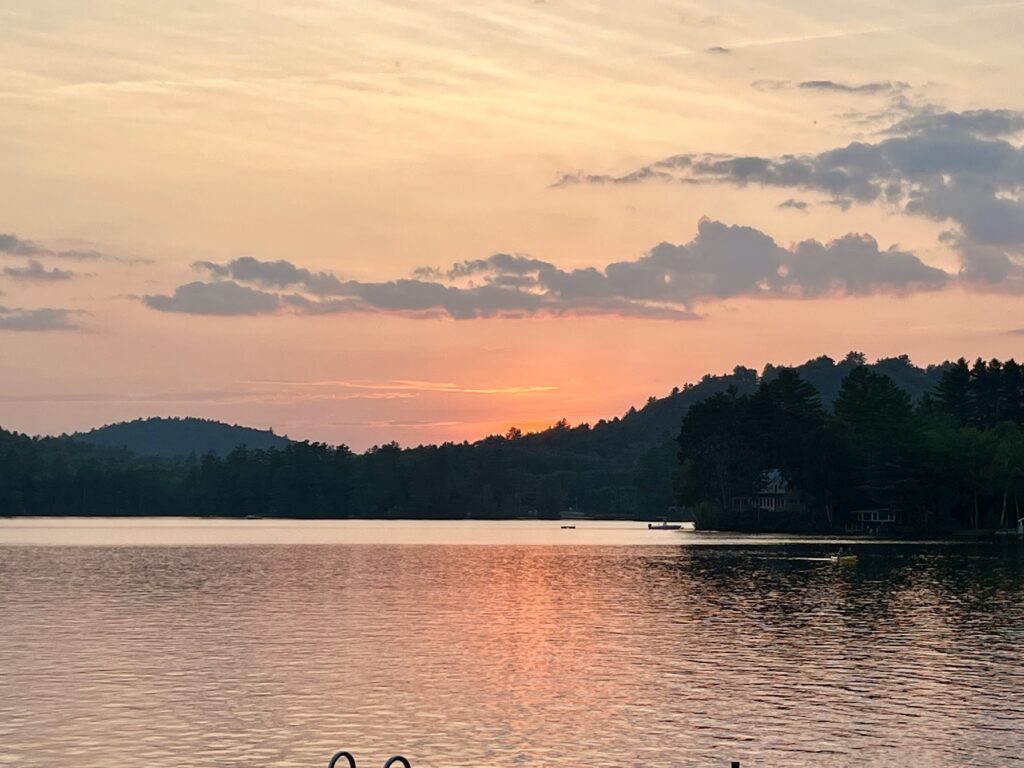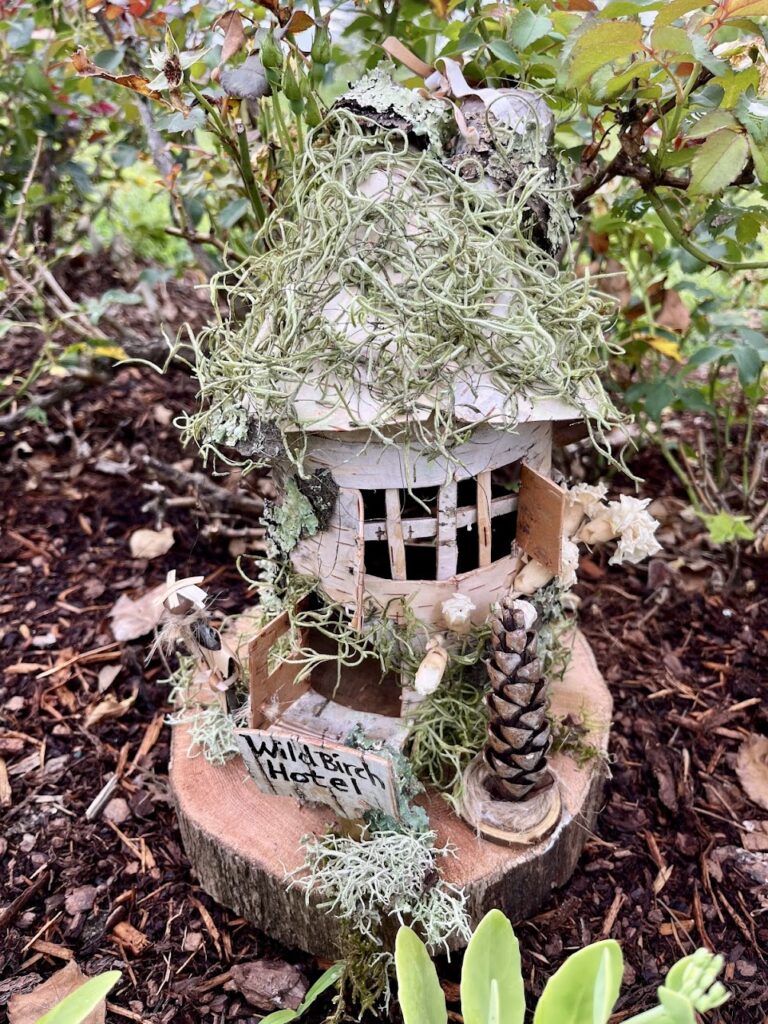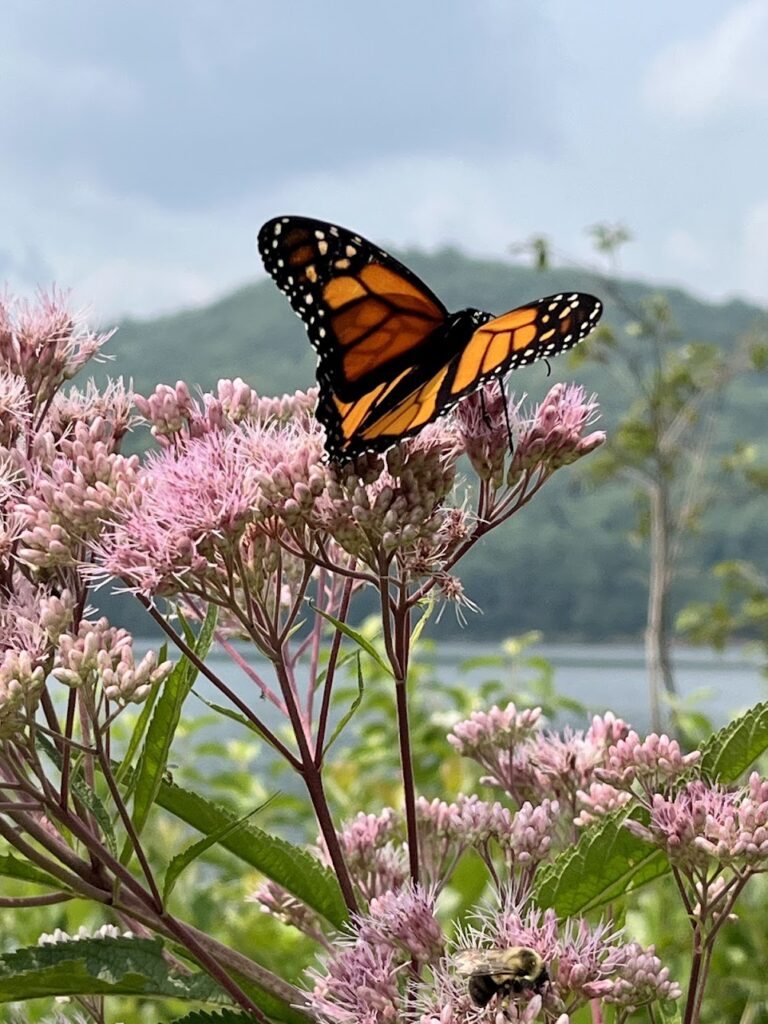Last year turned into a year somewhat on the go. Toward the end, I was traveling every 2-3 weeks. Even during term time! Paris, London, America, and then right back to supporting students on Monday morning. When it felt tiring, I pretended I was travelling for Successful Writer purposes, although it actually kind of slowed down my writing.
Where were your favourite adventures in the last year? If you weren’t able to go out and about much, what other sources of inspiration or invigoration did you find?
Bath, United Kingdom
In February, I took a day trip on the train down to Bath. I didn’t go into the ancient Roman sites this time, but walked to Victoria Park and worshiped the crocuses, walked along the busy weir, and of course visited Mr. B’s Emporium of Reading Delights, an absolute gem of an independent bookstore.


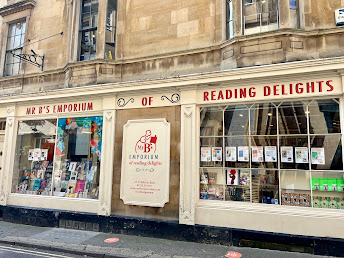
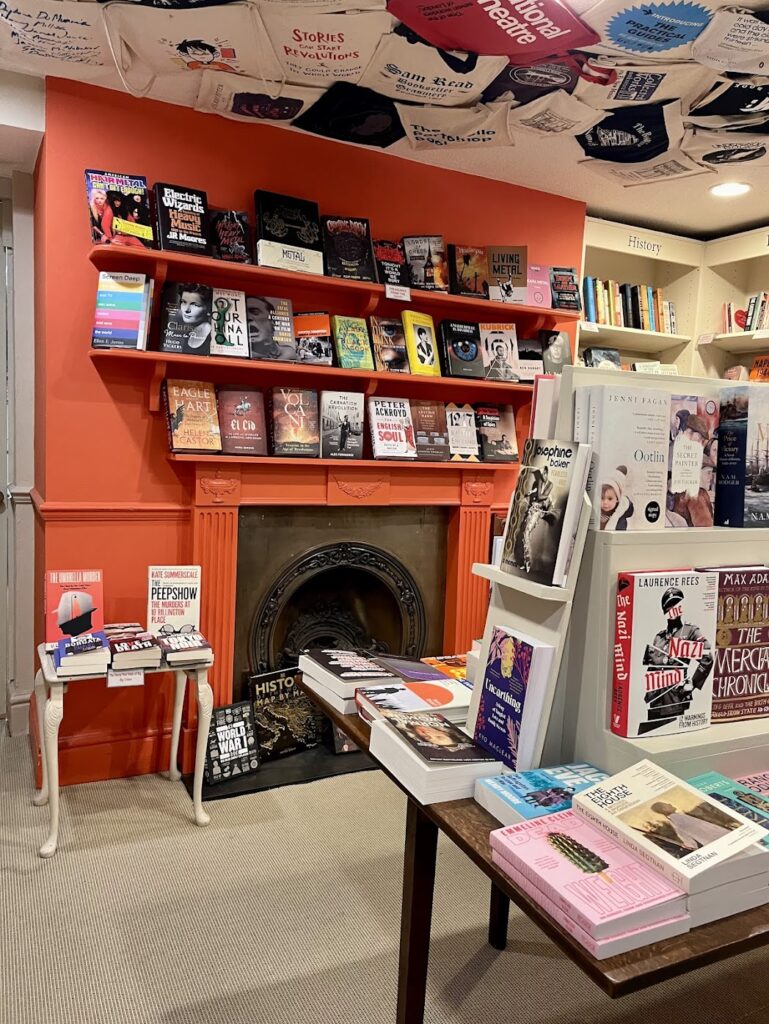
White River Junction, Vermont
During my October trip to see my family, I walked in the dark early mornings across one bridge and down another. The White River meets the Connecticut here, swirling into the border with New Hampshire, and train tracks pass, lined with colourful trees. The main streets of town have those square, flat buildings that remind me of Western movie sets, but lots of boutique shops inside, plus a Turkish cafe and a Cambodian sandwich shop. Most of all, this town is where my Grammy and Grandpa raised my dad and his older siblings, and where my siblings and I used to visit them, and I’d bring my own little Bear when they were young.

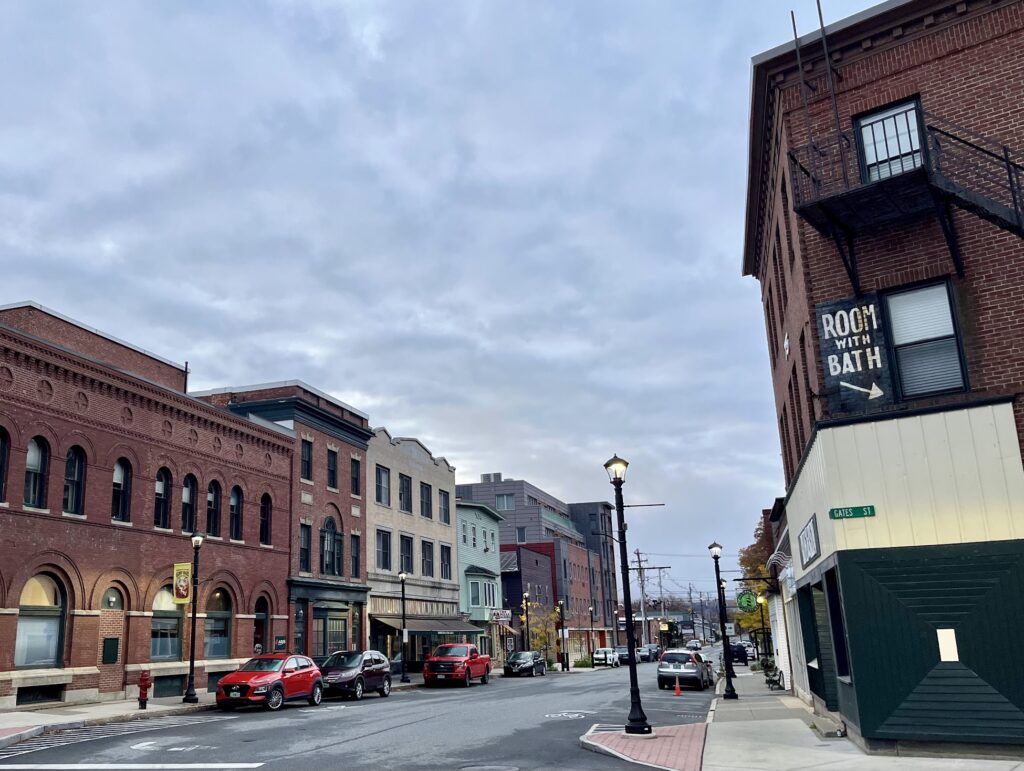

Ozleworth, Gloucestershire
We love this rural hamlet best in the cold clarity. It seems to pour icy blue sky into the saucer of the loping green fields. Smoke rises from cottage chimneys and you can see your breath inside the 12th century Church of St. Nicholas, which has a striking octagonal tower.



Paris
Although our reason for visiting Paris was bittersweet, we made the most of exploring the city. We scattered my aunt’s ashes in the Seine behind Notre Dame and wandered the alleys of the Marais. The next day, we walked down toward the Eiffel Tower, cutting through leafy squares between pretty vintage buildings with mansard windows and Invader street art mosaics.



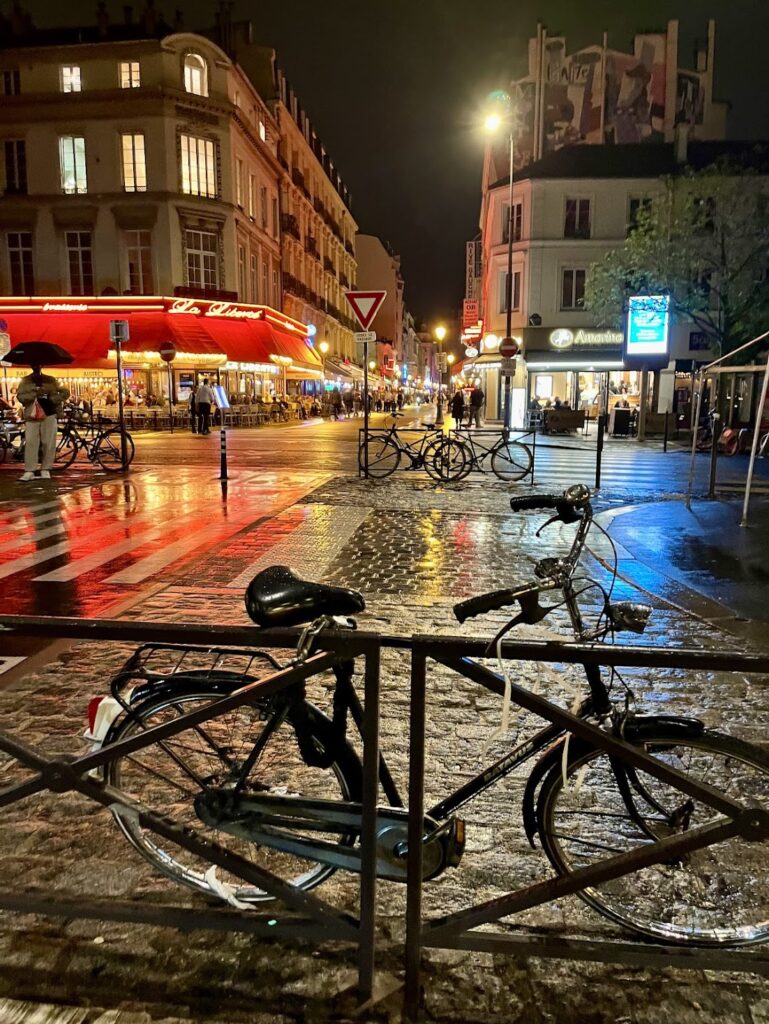
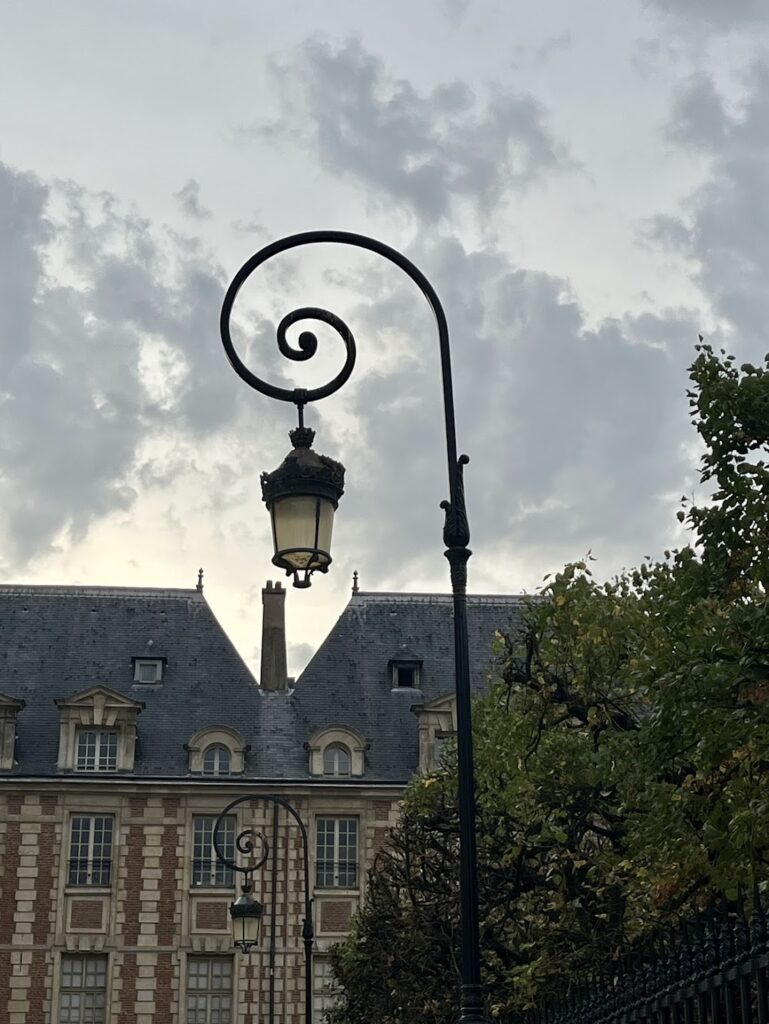
London
Proof a city can be festive without snow. I went on a Christmas-hunting expedition at the end of November, hiking 13 miles around the capital in 8.5 hours. From Harrods to Kings Cross and St. Pancras train stations, to the Charles Dickens Museum and then the stunning shopfronts of New Bond Street, all fueled by gourmet hot chocolate to go from El & N, you could definitely say ChristMUSS was all around.



Mount Washington, New Hampshire
This feels like a bit of a cheat since much of this “wander” was driven. The old Auto Road zigs and zags slowly up to the 6,288-foot summit, the highest in Northeastern North America. The well-paved road feels narrow and is often without any railing or fence, so the views as you ascend beyond the other White Mountains are spectacular but a bit scary. There is scope for wandering at the top, scrambling over rocks and watching the Cog Railway arrive and depart.



Athens
I did get around a bit, didn’t I? Most years, I’m not visiting four different countries. This was my first visit to Greece, and it was so exciting to walk down a busy, somewhat dingy street and see the Acropolis in the distance. I loved the views from Monastiraki Square, thronged with crowds. A band played and restaurants grilled meat outside. Across the Square were the beautifully weathered pillars of Hadrian’s Library, and beyond that the ruins of the Roman market, surrounded by gorgeous houses with bougainvillea climbing the gates.




